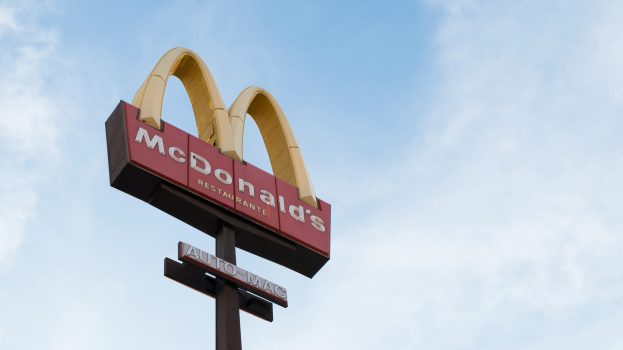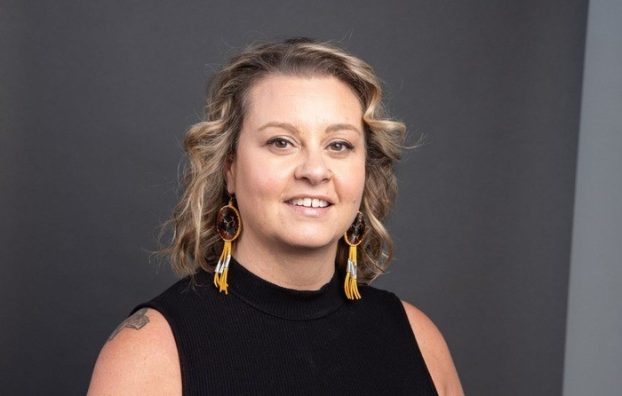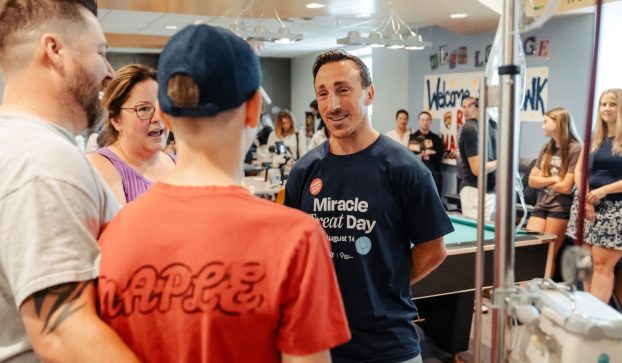Though research suggests Canadians care deeply about environmental causes, Canada is the third-worst offender globally when it comes to food waste, ranking ahead of the United States. In fact, more than 50% of all the food produced in Canada is wasted – more than the global average of one-third – making the country a leading contributor to an issue that has a direct impact on climate change.
It’s one of the reasons Too Good to Go, a global food waste app that has amassed more than 40 million active users globally, believes it will be right at home in Canada.
The app launched in Toronto this month – making Canada its sixteenth international market – with plans to add Vancouver and Montreal later this year, before embarking on a national roll-out. At launch, it has around 100 partner businesses listed on the platform, including Eataly, Greenhouse, Fresh City and Summerhill Market.
Founded in Denmark in 2015, the app aims to reduce food waste by allowing users to purchase a “surprise bag” of food products that would typically go to waste from participating restaurants, cafes, bakeries and grocery stores, for roughly one-third of their usual cost. Consumers only discover what their order includes when they arrive at the store for pick-up during a predetermined window.
“Our philosophy is that anytime you reduce food waste, you create value, and we try to equitably pass on that value to all our partners,” says Sam Kashani, the company’s country manager for Canada, and a former country manager for cannabis brand Dosist. “The stores win simply because they avoid throwing out surplus food, and they drive incremental revenue and incremental footfalls at the stores. The consumer wins, because they get incredible value on products that normally would be thrown out. And most importantly, the planet wins as well, as we don’t throw food out.”
Like most other food service apps, partners on the platform are charged a transaction fee – either a fixed fee or a percentage of sales, depending on the partner. And while the majority of the shops available in Canada are currently smaller, independent businesses, Kashani says national chains are “absolutely on our horizon.”
While other food waste apps already exist in Canada, including the produce-specific FoodHero, Feedback (which works with Toronto restos), and Flashfood (which works with grocery stores), Kashani believes that what differentiates Too Good to Go is the scope of businesses it works with. “We work across the value chain, across grocery stores, across restaurants, bakeries, cafes – really anywhere that has fit-for-consumption food to be consumed that day, or a couple of days after,” Kashani say. “So our spectrum is a little bit broader.”
Beyond its marketplace and app, the company also invests in advocacy work, through partnerships with clubs, schools and business to help educate consumers on the issue of food waste, as well as the impact they can have as individuals. Since many people’s perception is that food waste is an issue to be solved in manufacturing and production, Kashani says Too Good to Go works to bring awareness and empower consumers to take action.
As a global organization, he says Too Good to Go remains “hyper-focused on local execution.” It has set up a local marketing organization, led by Canadian head of marketing Victor Plange, that handles all of its digital and social advertising and PR, while leveraging global assets as needed.
























